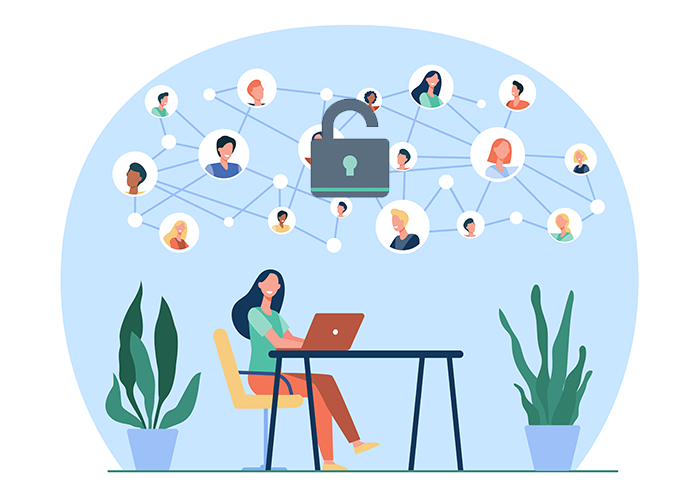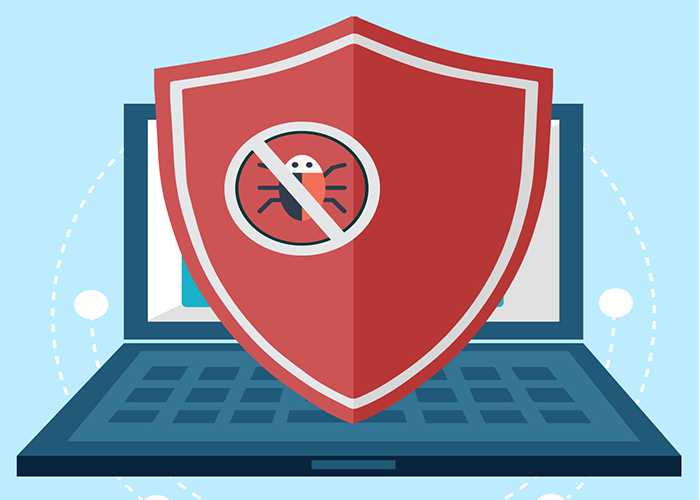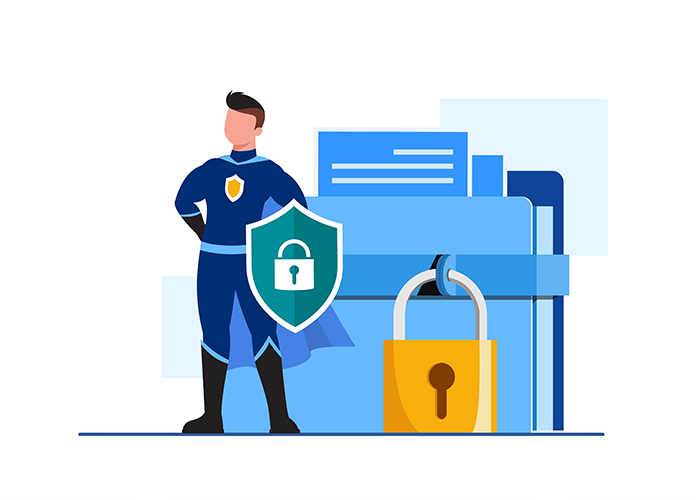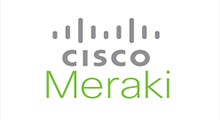
IT Security
IT security is a canopy term that includes network, internet, endpoint, API, cloud, application, container security, and more. It's about establishing a set of security strategies that work together to help protect your digital data.
Network Security

Network security is a broad term that covers a multitude of technologies, devices and processes. In its simplest term, it is a set of rules and configurations designed to protect the integrity, confidentiality and accessibility of computer networks and data using both software and hardware technologies. Every organization, regardless of size, industry or infrastructure, requires a degree of network security solutions in place to protect it from the ever-growing landscape of cyber threats in the wild today.
End point Security
Endpoint security is the practice of securing endpoints or entry points of end-user devices such as desktops, laptops, and mobile devices from being exploited by malicious actors and campaigns. Endpoint security systems protect these endpoints on a network or in the cloud from cybersecurity threats. Endpoint security has evolved from traditional antivirus software to providing comprehensive protection from sophisticated malware and evolving zero-day threats. Organizations of all sizes are at risk from nation-states, hacktivists, organized crime, and malicious and accidental insider threats. Endpoint security is often seen as cybersecurity's frontline, and represents one of the first places organizations look to secure their enterprise networks.

Data Security

All businesses today deal in data to a degree. From the banking giants dealing in massive volumes of personal and financial data to the one-man business storing the contact details of his customers on a mobile phone, data is at play in companies both large and small. The primary aim of data security is to protect the data that an organization collects, stores, creates, receives or transmits. Compliance is also a major consideration. It doesn't matter which device, technology or process is used to manage, store or collect data, it must be protected. Data breaches can result in litigation cases and huge fines, not to mention damage to an organization's reputation. The importance of shielding data from security threats is more important today than it has ever been.








